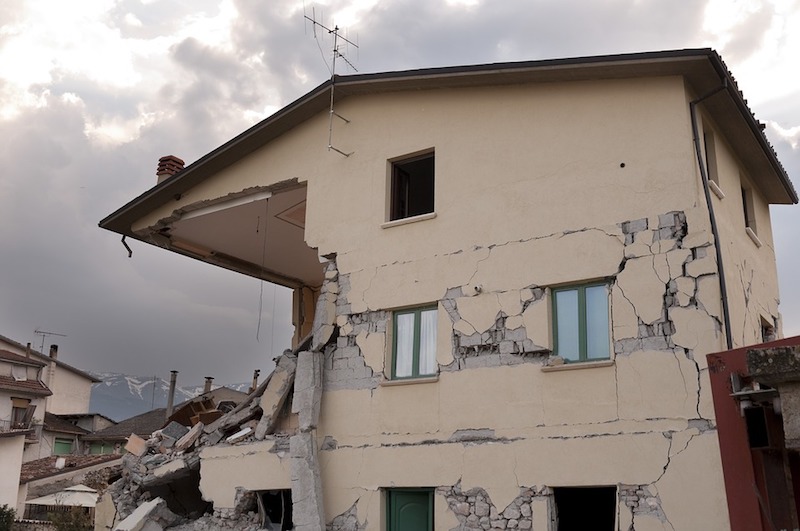The United States Resiliency Council through its support behind California’s AB 2681, a bill now in the appropriations committee that would assist cities in identifying the most seismically vulnerable structures.
The bill would provide funding and tools for cities to identify dangers to their communities and infrastructure. According to the council, the benefits of the bill include:
— Protection for affordable housing: Many vulnerable buildings are older structures that make up much of the state’s more affordable housing stock.
— Shielding communities from chaos: Projected loss of housing would leave hundreds of thousands of people homeless and in desperate need of refuge.
— Informing the public about personal risks: People have a right to make decisions about the buildings in which they live and work based on the best available information. Identifying and evaluating potentially vulnerable buildings is the first step toward engaging stakeholders about the importance of creating more resilient cities.
— Promoting social justice: Most of those impacted by a major quake will be lower-income residents whose lives and livelihoods will be disproportionately impacted due to their economic and social status.
— Protecting public health: Many older buildings contain asbestos and lead, which, when released into the air and groundwater from crumbled rubble will pose a public health problem of potentially overwhelming impacts.
Related Stories
Codes and Standards | Sep 25, 2018
New market forces disrupting global real estate development industry
Executives concerned about trade policy, labor shortages, approval processes.
Codes and Standards | Sep 21, 2018
More than 130 organizations petition OSHA to create heat protection standard for workers
Includes mandatory rest breaks, heat-exposure monitoring, record-keeping injury requirement.
Codes and Standards | Sep 20, 2018
North Carolina law banning use of recent climate science could worsen Hurricane Florence impact
Policies may have undermined ability to make coastal regions more resilient.
Codes and Standards | Sep 19, 2018
AIA endorses building owner participation in cap-and-trade programs
Would spur more energy conservation in buildings and cut carbon emissions.
Codes and Standards | Sep 18, 2018
ConsensusDocs Coalition publishes new Lean Addendum
Industry-first document to facilitate lean tools without need to sign multi-party IPD agreement.
Codes and Standards | Sep 14, 2018
IAPMO seeks comments on proposals for 2021 plumbing and mechanical codes
Deadline is Jan. 3, 2019.
Codes and Standards | Sep 13, 2018
As ICC prepares to vote on codes for tall wood buildings, opposition is still strong
Influential body will vote in October on new provisions to allow 18-story wood-framed structures.
Codes and Standards | Sep 12, 2018
Saltwater incursion into Miami’s aquifer may make city uninhabitable later this century
Rising sea levels likely to claim drinking water before land is under water.
Codes and Standards | Sep 11, 2018
Smart Surfaces Coalition will help cities reduce urban heat island effect
Surfaces can reflect away heat and help prevent flooding.
Codes and Standards | Sep 7, 2018
Certified Green Buildings may have an advantage in capital markets
Research supports financial case for certification.

















